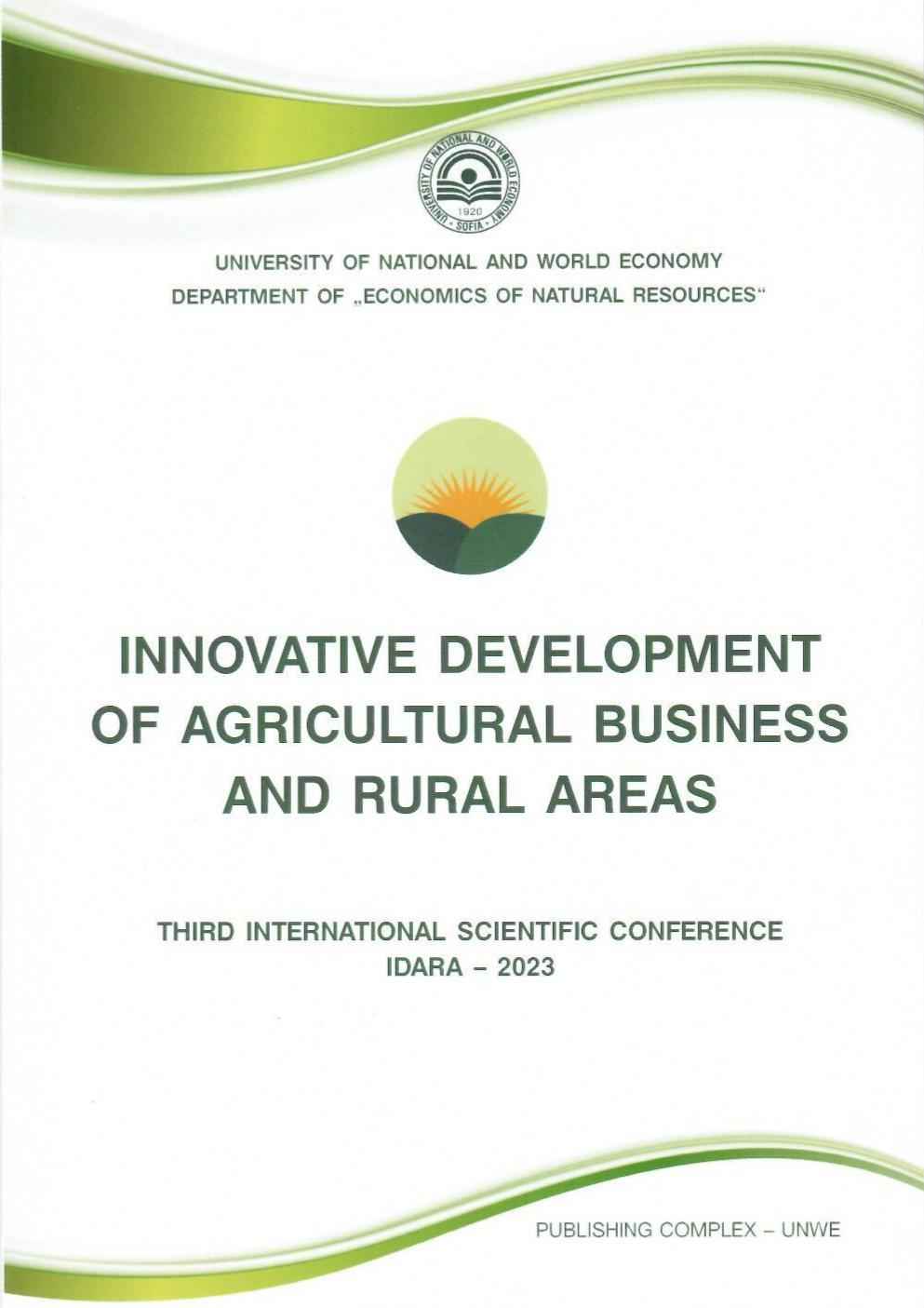Benefits of Managing Food Loss and Waste for Sustainable Rural Development in Indonesia
Benefits of Managing Food Loss and Waste for Sustainable Rural Development in Indonesia
Author(s): Rosita Widjojo, Csaba Székely
Subject(s): Politics / Political Sciences, Politics, Economy, National Economy, Supranational / Global Economy, Business Economy / Management, Agriculture, Energy and Environmental Studies, Economic policy, Environmental and Energy policy, Socio-Economic Research
Published by: Университет за национално и световно стопанство (УНСС)
Keywords: Food loss and waste (FLW); food recovery; redistribution; sustainable rural development
Summary/Abstract: The reduction of food loss and waste (FLW) has become a global priority under the Sustainable Development Goals (SDG). Reports from the United Nations and FAO reveal alarming statistics, with 13.3 percent of the world’s food lost post-harvest and 17 percent wasted at the consumer level. FLW is a problem found in both industrialized nations like the EU and emerging countries like Indonesia. While EU nations have committed to reducing per capita food waste by 2030, Indonesia has only begun addressing FLW. This paper explores the awareness and management of FLW in Indonesia, focusing on food recovery and redistribution strategies and their potential impact on rural sustainability development. It addresses FLW management through literature review with the aim of raising awareness to the urgency of FLW management and to support the circular economy in Indonesia. FLW is closely associated with consumer behaviour, and lessons from the EU suggests that supporting local farmers and improving the supply chain can help reduce FLW. The role of food recovery and redistribution in reducing FLW in Indonesia highlights the successful practices, emphasizing the transformation of „ugly food“ and the redistribution of excess edibles to combat FLW. Non-profit organizations in Indonesia have emerged to combat FLW by redistributing edible leftovers to those in need. Additionally, FLW recovery practices extend to agriculture, involving the reprocessing of unharvested agricultural products onto animal feed or organic fertilizers. These initiatives not only reduce waste, but also contribute to food security and poverty alleviation, especially in rural areas. The study concludes that addressing FLW in Indonesia can lead to increased food availability and sustainability. It recommends the development of national policies, programs, and partnerships to promote FLW management and the well-being of Indonesian communities. Further research is needed to identify specific challenges and opportunities for implementing food recovery and redistribution initiatives effectively. By taking concrete steps to reduce FLW, Indonesia can enhance food security and simultaneously align itself with the global sustainability agenda.
- Page Range: 211-219
- Page Count: 9
- Publication Year: 2024
- Language: English
- Content File-PDF

